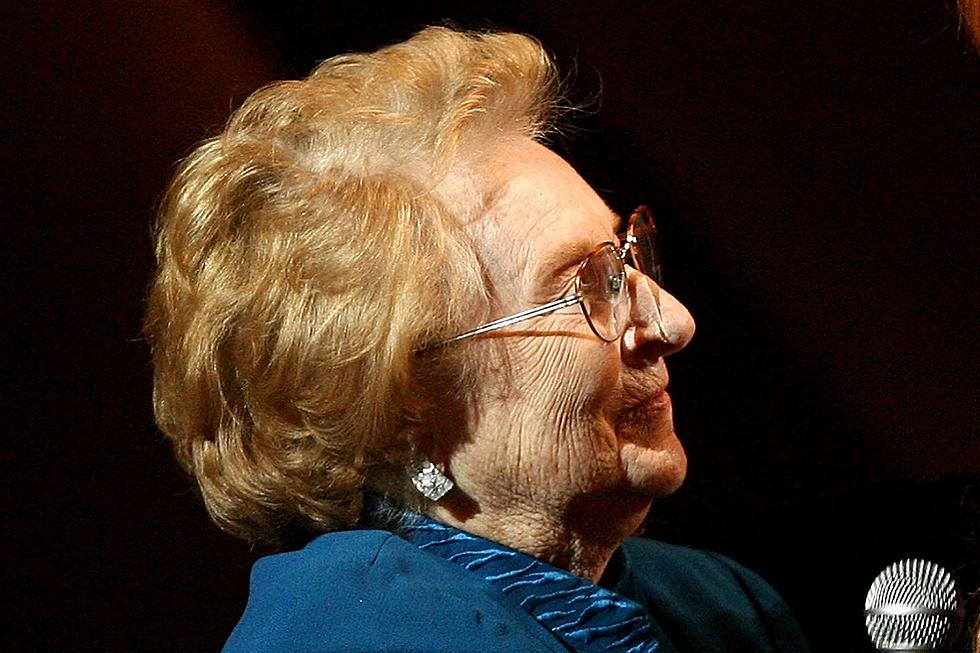
MSU Researcher: Majority of Collegiate Athletes Don’t Get Enough Sleep
BOZEMAN — College athletes have known for years that nutrition, conditioning, practice, hydration and other factors are important to their athletic performance, but the benefits of sleep have not been as well established. In fact, it has long been suspected that sleep often takes a backseat to other demands.
Now, new research led by Montana State University’s Jason Carter, vice president of research, economic development and graduate education, confirms inadequate sleep in the majority of a group of both male and female collegiate athletes and finds notable differences between the sexes in perceived sleep patterns. The findings were published March 6 in Sleep Health, the journal of the National Sleep Foundation.
“Over the past 50 years, the field of sports performance has advanced tremendously,” said Carter, who also holds an appointment as professor in the MSU College of Education, Health and Human Development. “We used to think that athletes that didn’t drink water were ‘tough,’ but we now know that is physiologically ignorant. We’ve advanced our knowledge of how nutrition, conditioning and even mental preparation play a key role in peak performance. Sleep is the next big thing when it comes to untapped areas for improving athletic performance.”
As part of their study, Carter and his colleagues studied a group of 121 college athletes who participated in varsity sports at Michigan Technological University, where Carter worked as a faculty member and administrator before coming to MSU in 2019. Importantly, the study included both male and female athletes; previously, studies that had been done in this area have primarily focused on male athletes, Carter said.
The researchers examined what they call subjective sleep – or how those athletes perceived their sleep, including the amount of sleep each believed they got each night. They also studied what they call objective sleep, where they used advanced technologies to measure not only the length of time each athlete slept but also the athlete’s limb movements, oxygen saturation levels during sleep and breathing patterns, all while the athletes slept in their home environments.
Carter and his research team found that 94% of the athletes they studied were getting less than eight hours of sleep per night, and more than 60% were getting less than seven hours of sleep. Moreover, 44% of the study’s participants reported poor quality of sleep, mild insomnia and/or excessive daytime sleepiness.
The findings are noteworthy, Carter said, because less than seven hours of sleep per night is classified as clinical sleep deprivation for most individuals in the collegiate athlete age range, according to the National Sleep Foundation. In addition, elite athletes sometimes prioritize nine to 10 hours of sleep, which underscores how important sleep is to peak athletic performance.
“It’s well documented that people like Tom Brady and LeBron James prioritize sleep and know how important it is to their athletic performance,” Carter said. “We don’t do a good job of emphasizing that in college sports yet, but I think that’s changing.”
Interestingly, Carter said, the study found that while a majority of both male and female collegiate athletes were getting too little sleep, there was a mismatch in perceptions. Specifically, the female athletes were much more accurate at estimating their amount of sleep, while male athletes significantly overestimated their sleep.
“This is important, because it may suggest we need to consider different interventions and motivations for male and female athletes to prioritize their sleep,” he said.
In fact, considering interventions to help athletes achieve more and better sleep may be part of the next stage of his research, he added.
“It’s clear that females are a lot better at estimating sleep, so for them prioritizing their sleep may be most important,” Carter said. “Men were pretty off on their estimates, so maybe we need to incorporate more assistive technologies.”
Much of Carter’s previous research has focused on the impact of sleep deprivation on blood pressure and why sleep is important to people’s cardiovascular health. But with academic roots in exercise and sports physiology – and as a former college basketball player himself – Carter said he has always wanted to come back to that area.
“When I finally had the opportunity to pursue sleep research more heavily, I was keeping an eye on what was happening with sleep and athletics,” he said. “And with impact always being our goal in research, particularly at a land-grant university like Montana State, this is one way to have a chance to impact youth and adolescents and college athletes.”
Alison Harmon, dean of the College of Education, Health and Human Development, said Carter is an excellent addition to the Department of Health and Human Development’s faculty and noted that sleep research is an important complement to the department’s established areas of inquiry.
“I look forward to collaborations among health and human performance experts as well as with Athletics and beyond,” Harmon said. “It is clear that many of us would benefit from greater prioritization of sleep and greater awareness of its role in maintaining optimal health.”
MSU Athletic Director Leon Costello recently invited Carter to give a presentation about sleep to MSU coaches and athletic trainers. Costello noted that a “priority goal for (Bobcat Athletics) is to support the holistic development of each student-athlete.”
“Our student-athletes’ physical development is essential to their success, and proper sleep plays a major role in that growth,” Costello said. “We are excited to have Dr. Carter on campus to guide us in our principles of student-athlete development, specifically how we utilize sleep to our benefit.”
Carter added that beyond the importance of the research findings to athletes, the data are relevant to non-athletes, as well.
“We see similar patterns of sleep insufficiencies with the non-athlete population,” he said. In fact, nine out of 10 adolescents are sleep-deprived, as are an estimated one-third of American adults, according to the National Sleep Foundation.
“Having these studies about college and professional athletes and how they prioritize sleep could have a positive potential impact on youth,” Carter said. “If we’re ever to shift the priorities of our youth, this is one area where we can try to move the peg on the communications and educate people on why sleep is important. There are sometimes physiological issues, but for the most part, when people don’t get enough sleep, prioritization is often the issue.”
- By Anne Cantrell, MSU News Service -
More From K96 FM









